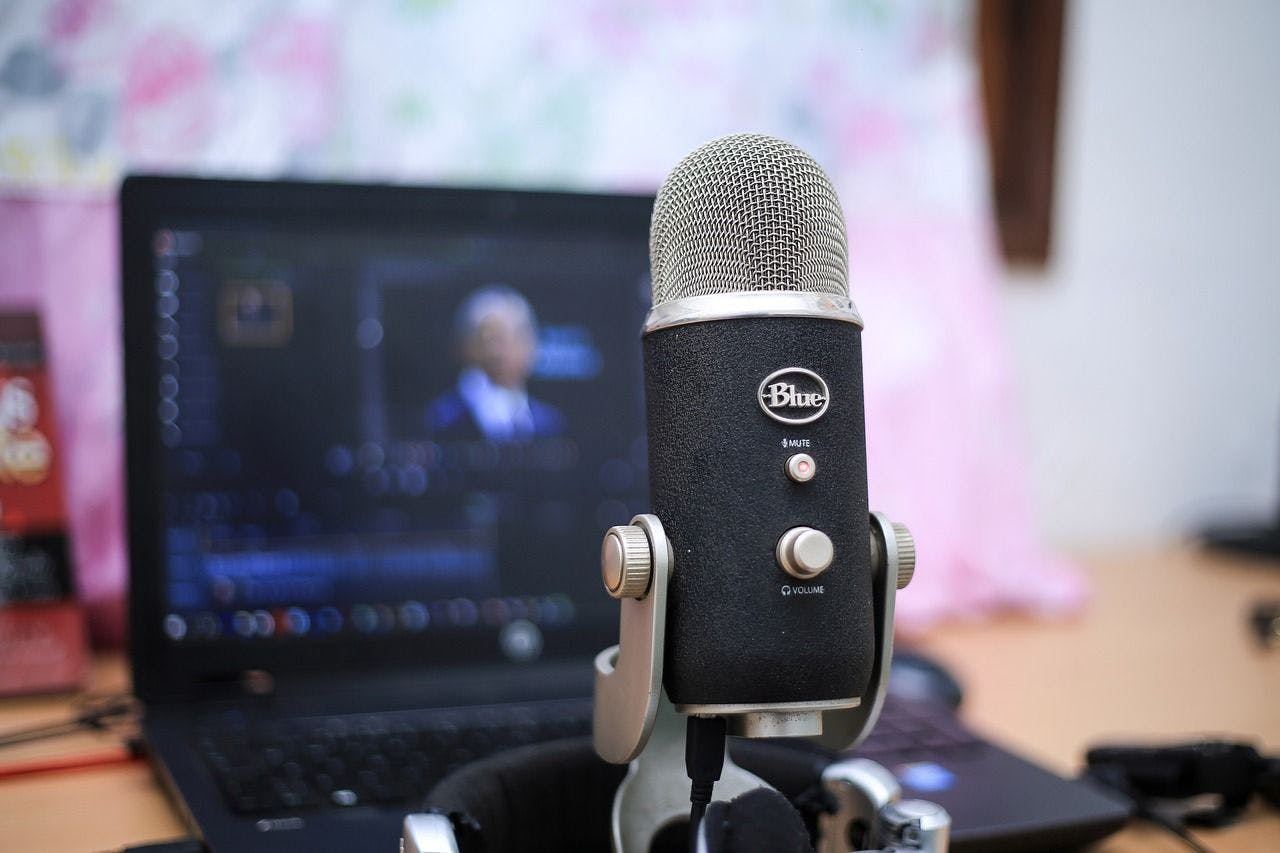240 reads
Meet Scott D. Clary: From Fortune 500s, to Early-Stage Startups, and Everything in Between
by
September 24th, 2021

Host of The Success Story Podcast. I write a newsletter to 321,000 people. newsletter.scottdclary.com
About Author
Host of The Success Story Podcast. I write a newsletter to 321,000 people. newsletter.scottdclary.com
